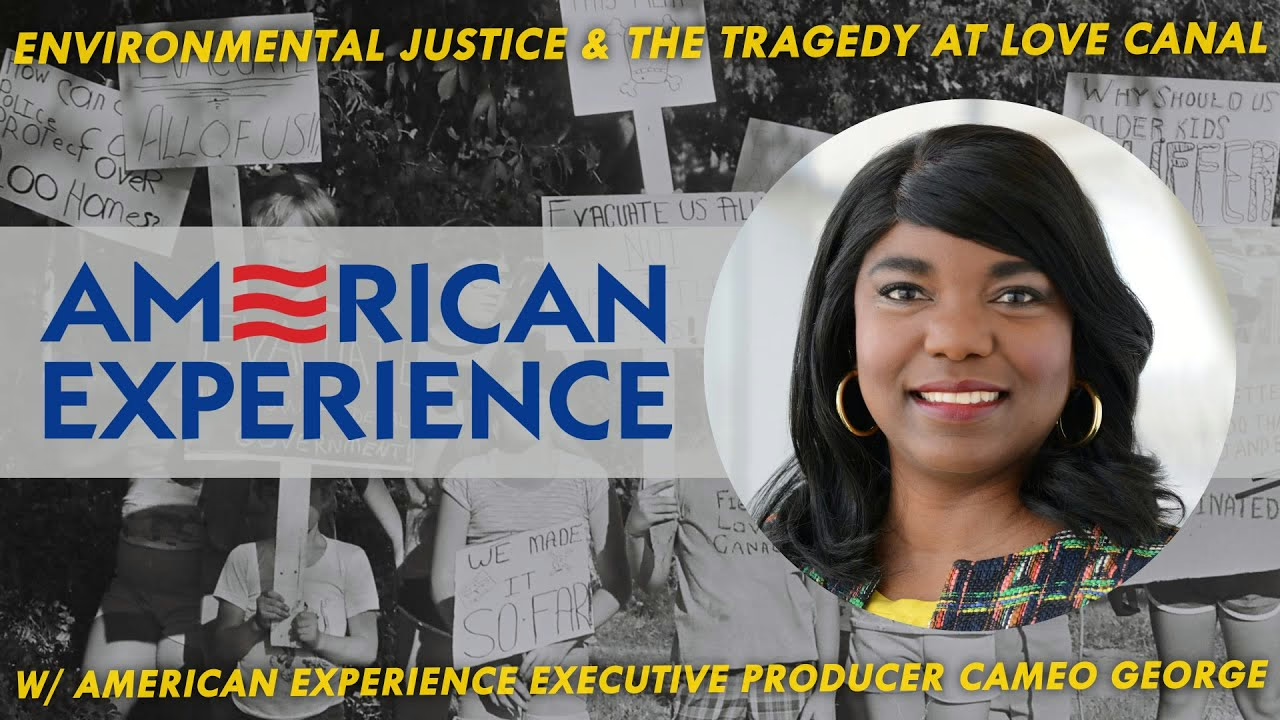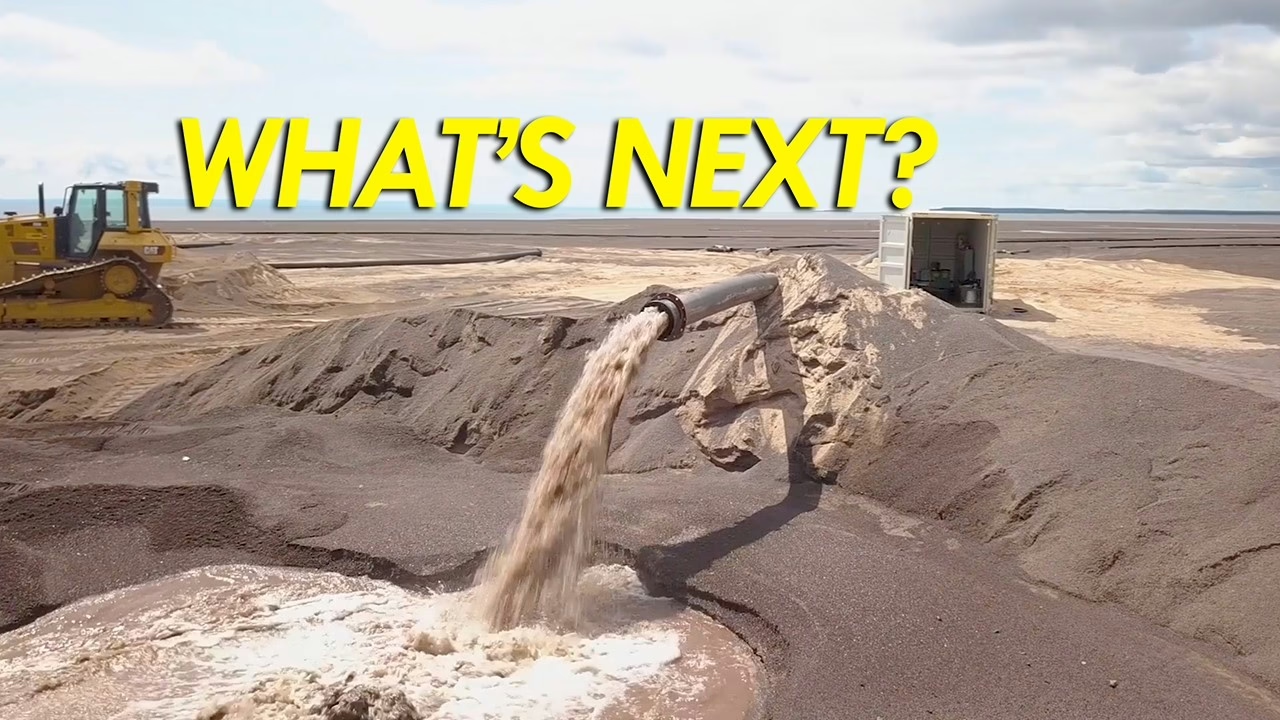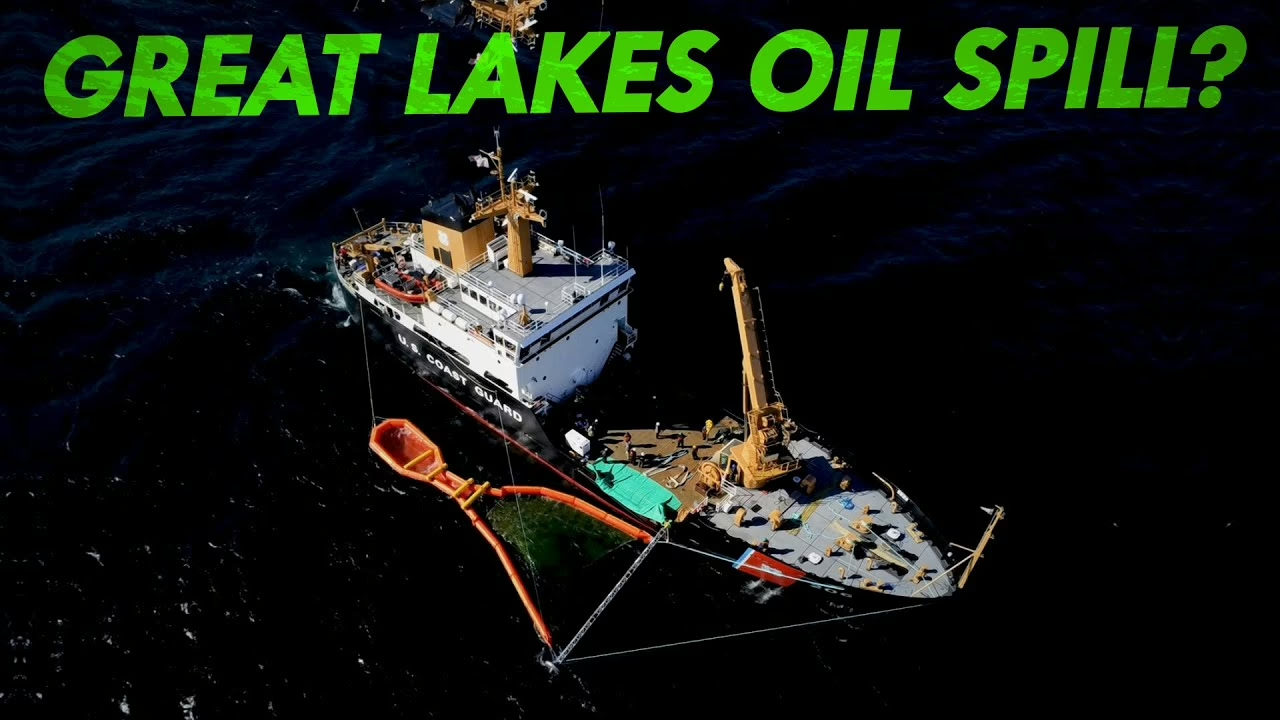Tag: U.S. and Canadian Federal Governments
After Trump cuts, Michigan helps pay for remainder of climate work program
By Izzy Ross, Interlochen Public Radio
This coverage is made possible through a partnership between Interlochen Public Radio and Grist, a nonprofit environmental media organization.
Lucas Roff met his then-girlfriend when he was going to college at Lake Superior State University in Sault Ste.
Conflict Over A Blockbuster Farm Chemical
Not since DDT was introduced to U.S. agriculture to kill insects after World War Two has a farm chemical been as important to American crop production, and come under more scientific, political, and legal scrutiny as the weedkiller Roundup, and its active ingredient, glyphosate.
With the election of President Donald Trump, the conflict over glyphosate’s risks and benefits entered a new realm of confrontation that has the potential to alter its stature as the favored chemical tool in agriculture, the largest user of fresh water in the blue economy of Michigan and the Great Lakes.
Millions of People Depend on the Great Lakes’ Water Supply. Trump Decimated the Lab Protecting It.
By Anna Clark, ProPublica
This story was originally published by ProPublica.
Just one year ago, JD Vance was a leading advocate of the Great Lakes and the efforts to restore the largest system of freshwater on the face of the planet.
As a U.S.
What would the Great Lakes region be like with bullet trains?
A few months ago, I was riding on Amtrak’s new Borealis line from St. Paul, Minn., to Chicago. The train was packed that day, and the new line has proved popular.
My coach seat was much nicer than any airline. Plus, I didn’t have to go through security.
Trump threatens Great Lakes agreements between U.S. and Canada
In 2024 when Donald Trump as a presidential candidate proposed piping water from British Columbia, Canada to California, his statement was largely dismissed as campaign rhetoric.
Once he was elected, Canadians started paying attention but the potential water grab was seen as logistically and politically problematic and unlikely to gain traction.










